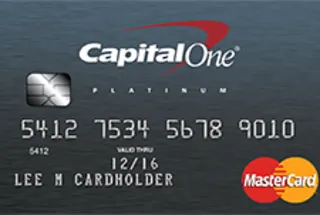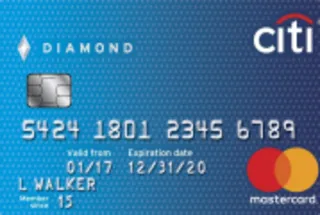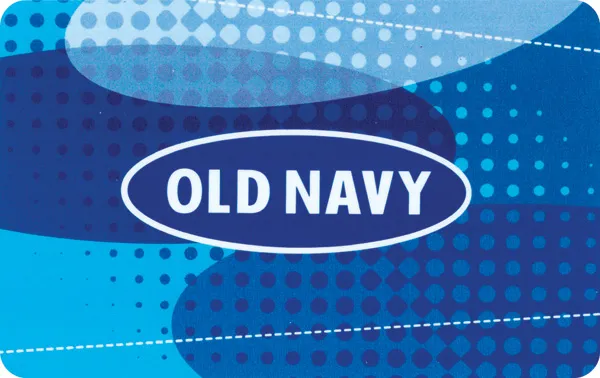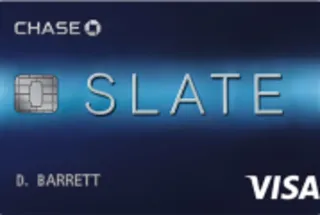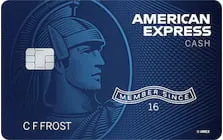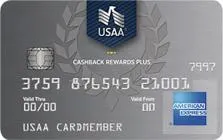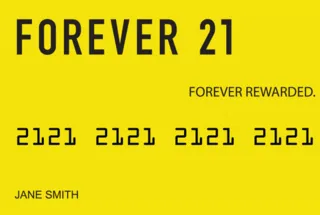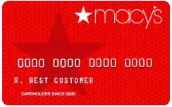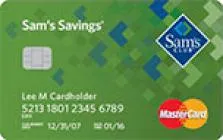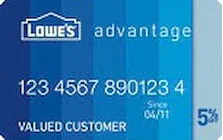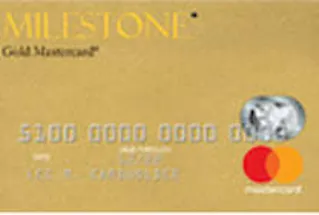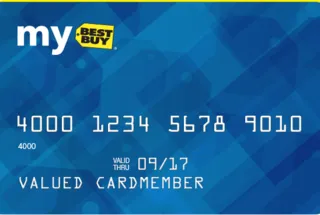Popular Credit Cards Of The Month
What Type Of Credit Card Are You Looking For?
Five key credit card need-to-knows
1. Your credit score and credit history
Understanding your credit score and credit history is pivotal in the lending process. Lenders utilize this information, obtained from credit bureaus, to assess your creditworthiness and determine whether to extend credit to you. A commonly used metric is the FICO score, categorized as follows:
- Excellent: 800 to 850
- Very good: 740 to 799
- Good: 670 to 739
- Fair: 580 to 669
- Poor: 300 to 579
2. Welcome offers
A welcome offer, commonly known as a welcome bonus, is a promotional incentive typically extended to new card members, commonly found in rewards credit cards. These offers exhibit variations, often presenting new cardholders with a substantial amount of rewards upon meeting a specified spending threshold within the initial few months of card membership.
As an illustration, the Chase Sapphire Preferred® Card boasts a sign-up bonus: Earn 60,000 bonus points after you spend $4,000 on purchases in the first 3 months from account opening.
It's essential to recognize that credit card offers can deliver significant value and warrant careful consideration when comparing multiple credit cards. In instances where two credit cards offer similar benefits, opting for the one with a higher welcome bonus can often be the more advantageous choice. Evaluate these offerings meticulously to make informed decisions aligned with your financial objectives.
3. Types of rewards
Credit card rewards are commonly earned in the form of points, miles, or cash back, providing a range of options tailored to individual preferences. Points and miles are particularly advantageous for those inclined towards travel, allowing redemption for flights or hotel stays. On the other hand, cashback rewards offer a practical alternative for individuals not seeking travel-related redemptions, providing opportunities to save on everyday expenses.
Pro Tip: Beyond standard rewards, credit cards often feature additional benefits such as discounts, extra points for rideshare services like Uber or Lyft, fee credits for TSA PreCheck or Global Entry applications, and exclusive access to events. Exploring these supplementary perks can enhance the overall value and utility of your credit card choice.
4. Rewards categories
In addition to the diverse range of rewards available, credit card users can accrue reward points through various approaches:
- Flat-rate rewards: Earn a consistent rewards rate on every purchase, offering simplicity and reducing the need for multiple cards in your wallet.
- Bonus categories: Receive heightened rewards on specific types of purchases, optimizing your benefits for targeted spending.
- Rotating categories: Enjoy increased rewards on specific purchases during designated times of the year, aligning with seasonal spending patterns.
Pro Tip: Be mindful that certain cards offering higher cash back rates for grocery stores may exclude stores like Walmart and Target from the grocery store category.
For those with varying expenses, a credit card featuring rotating bonus categories might prove advantageous. These categories often correspond to common expenses, presenting opportunities to earn substantial rewards on everyday purchases throughout the year.
Additionally, exploring reward card programs, such as Chase Ultimate Rewards or American Express Membership Rewards, allows you to align your credit card choice with your preferred rewards and benefits. Understanding these nuances empowers you to make informed decisions that maximize the value of your credit card usage.
5. Annual and Other Fees
When selecting a credit card, consider the impact of annual fees, often associated with enhanced benefits. Assess the annual cost against the card's features to ensure alignment with your financial goals. Additionally, be vigilant about the card's interest rate, especially if you anticipate carrying a balance. Some cards offer a 0% introductory APR on purchases and/or balance transfers, providing a grace period to avoid interest charges.
Furthermore, take note of potential fees, such as late payment fees or cash advance fees, and factor them into your decision-making. If you're planning international travel, opting for a card with no foreign transaction fees can save you money on each purchase made abroad. Understanding these elements ensures that your chosen credit card not only meets your financial needs but also optimizes your overall spending experience.
About Cards Pick
Welcome to Cards-Pick – where finding Your Perfect Card is a seamless journey. No financial path is straight; it's an odyssey of twists, turns, and detours. At our hub, we simplify the credit card quest. Let us be your trusted guide, ensuring each click leads to financial fulfillment. Your Perfect Card is waiting – start your journey to prosperity with us!
What Type of Credit Card is Best?
Choosing the best credit card isn't a one-size-fits-all scenario. Each card serves a unique purpose – some for spending, others for borrowing, travel, rewards, and more. To navigate this financial landscape, answer a few key questions to find the perfect card tailored to your specific needs. Let's unravel the credit card puzzle and discover how you can save by having the right card for the right purpose. The best credit card for you depends why you need it:
Cut interest with a balance transfer cardGet points/cash on a reward credit cardAnd there are others too... our 'how do credit cards work' guide takes you through all the options.
See all credit card typesPopular Credit Card
- Macy's Credit Card
- Target Credit Card
- Sam's Club Credit Card
- Lowe's Credit Card
- Milestone® Mastercard® - Bad Credit Considered
- Best Buy Credit Card
- Walmart Credit Card
- Victoria's Secret Angel Credit Card
- Old Navy Credit Card
- JCPenney Credit Card
- Amazon Credit Cards
- Home Depot Credit Cards
- Kohl's Credit Card
- TJX rewards credit card
- Sears Credit Card
- GAP Credit Card
- Banana Republic Credit Card
- AAdvantage Credit Cards / American Airlines Credit Cards
- Menards BIG Credit Card
- Expedia Credit Card
- AT&T Universal Credit Card
- Big Lots Credit Card
- Southwest Airlines Credit Card
- Toys R Us Credit Card
- American Eagle Outfitters Credit Cards / AEO Credit Cards
- Ulta Credit Card
- Express NEXT Credit Card
- Lane Bryant Credit Card
- New York And Company Credit Card
- Firestone Complete Auto Care Credit Card
- GameStop Credit Card


